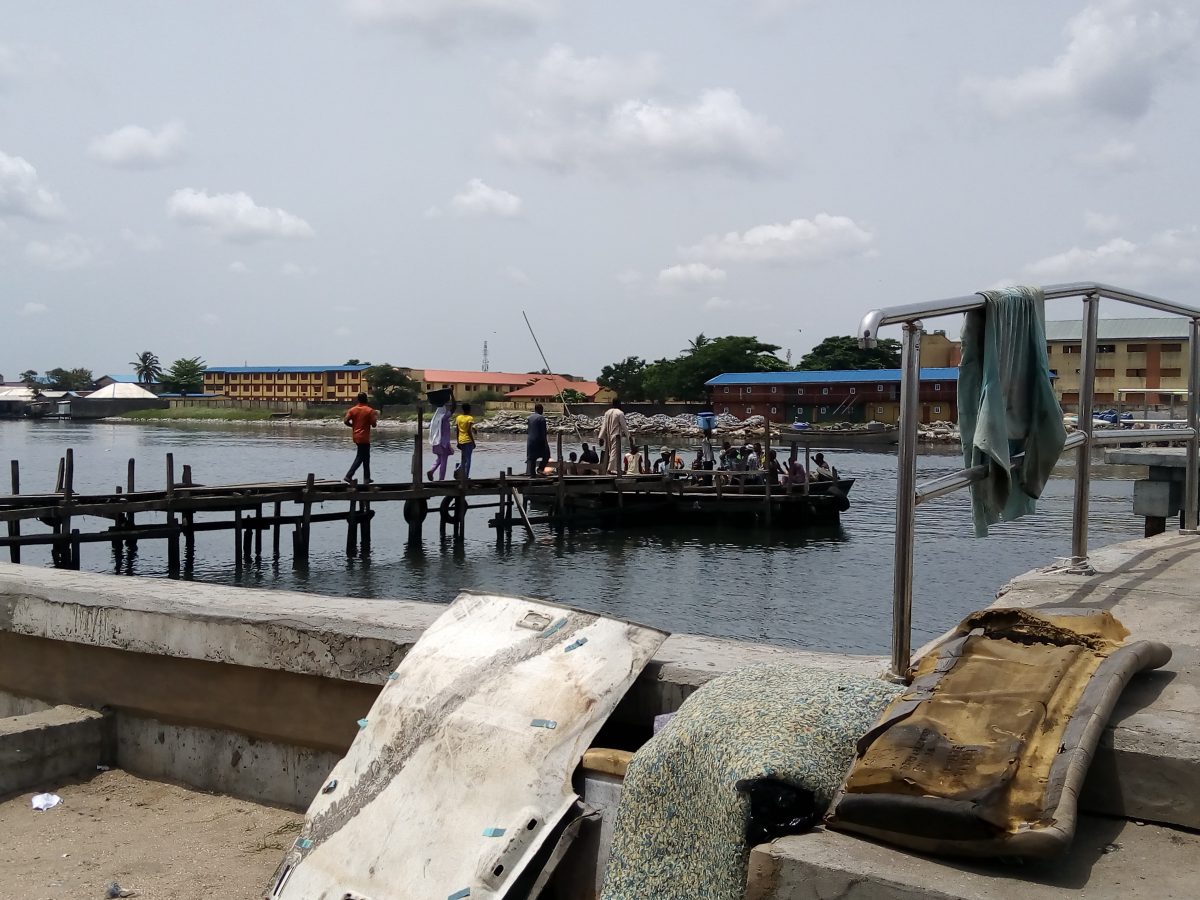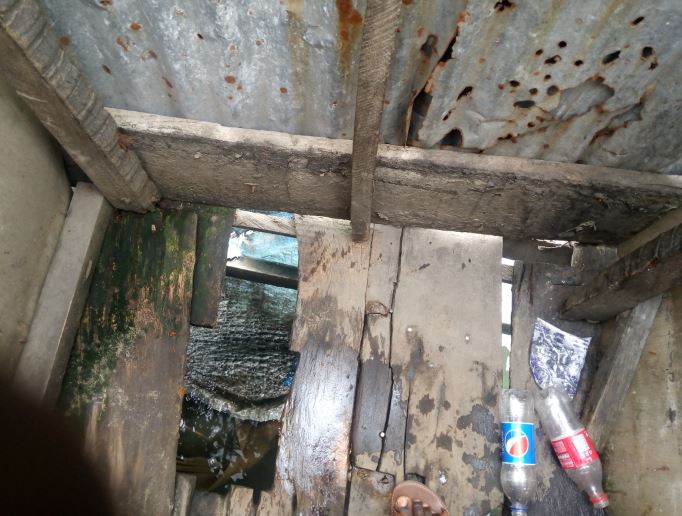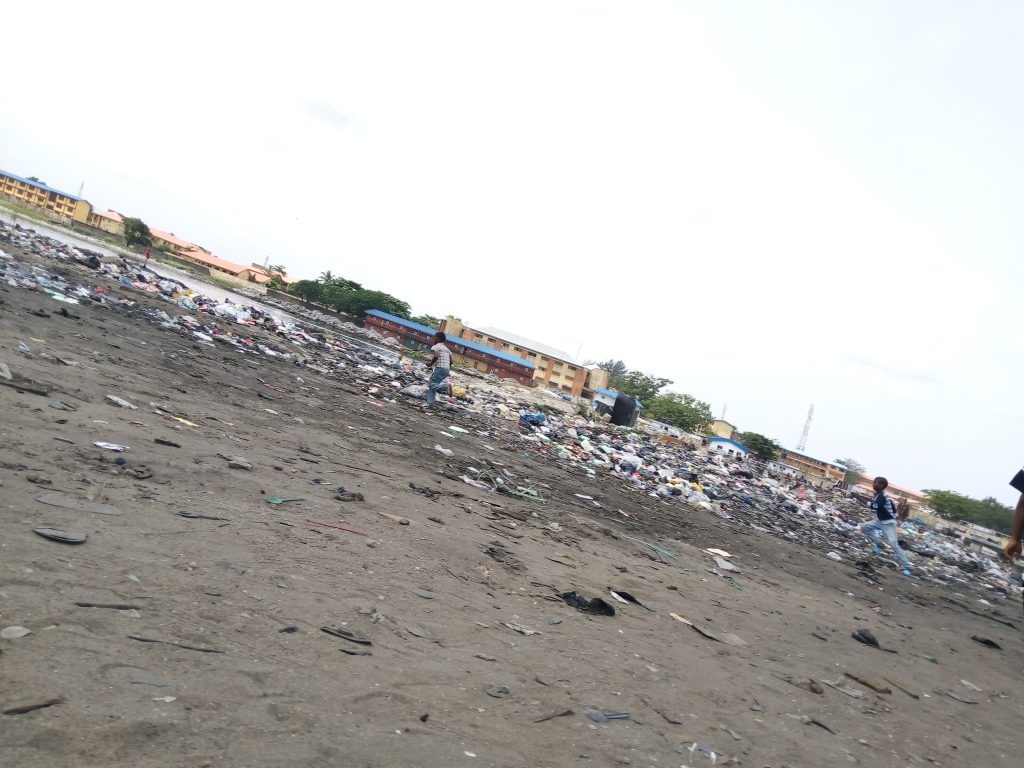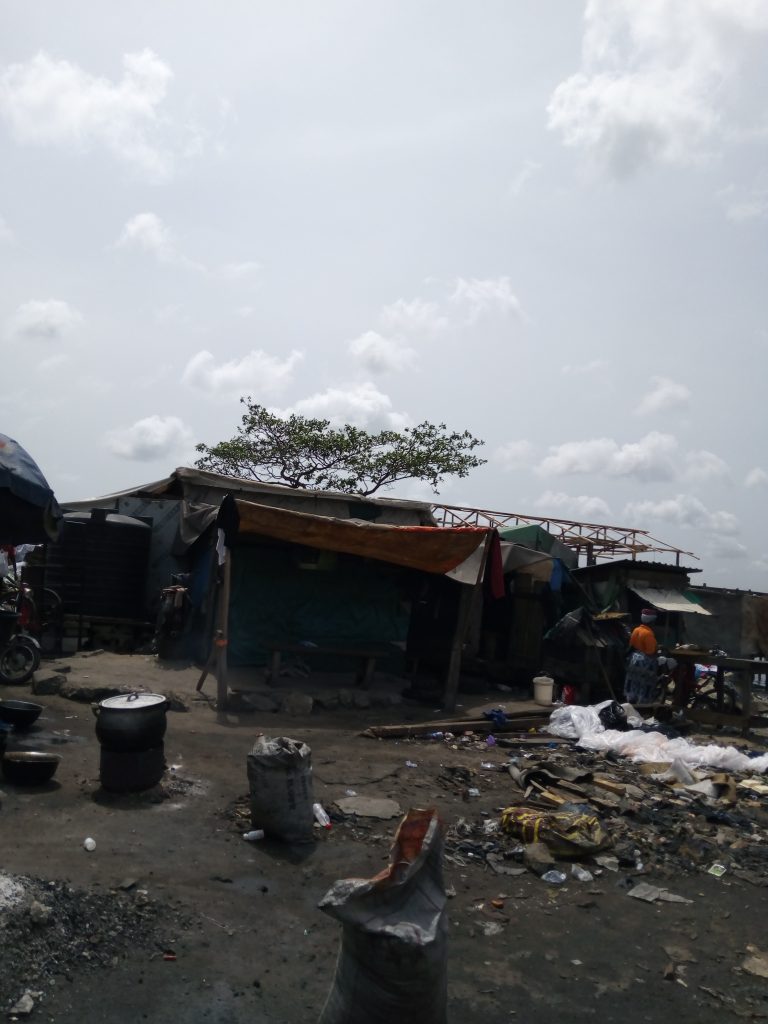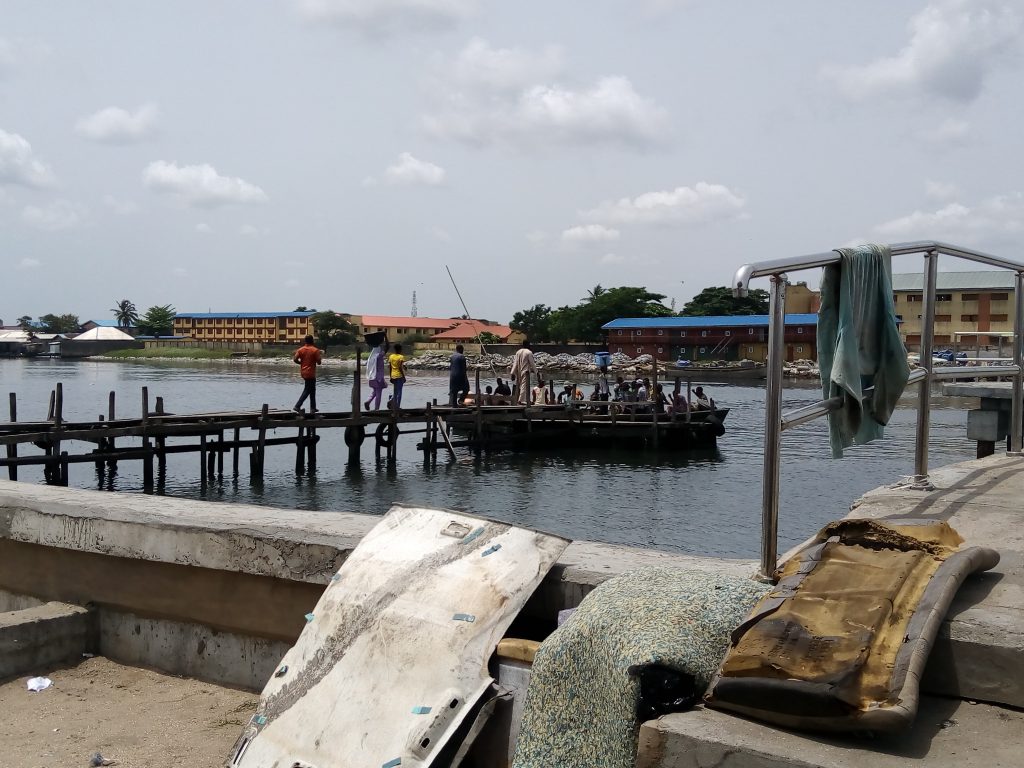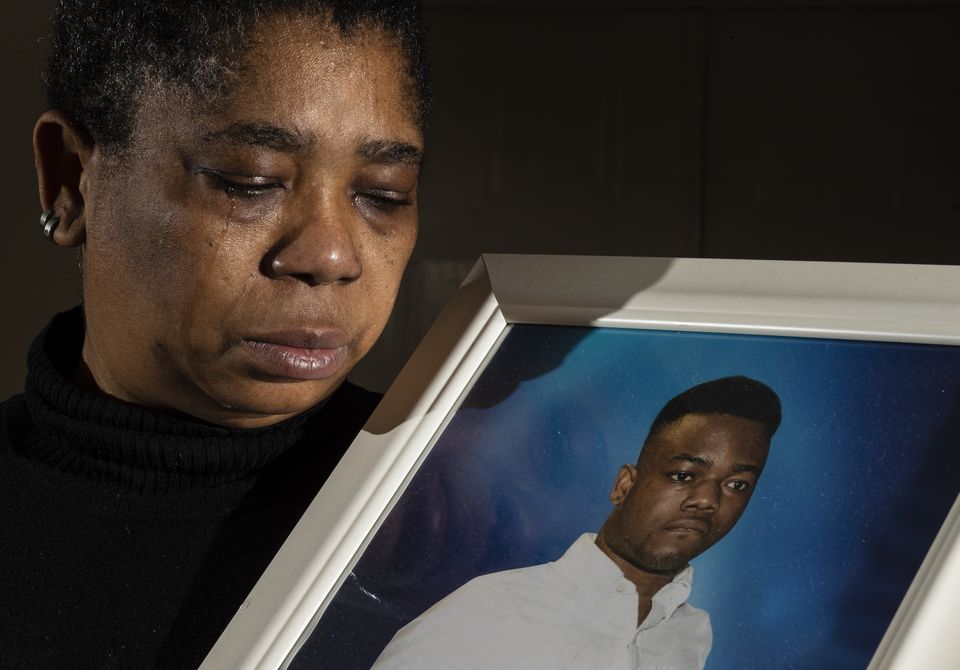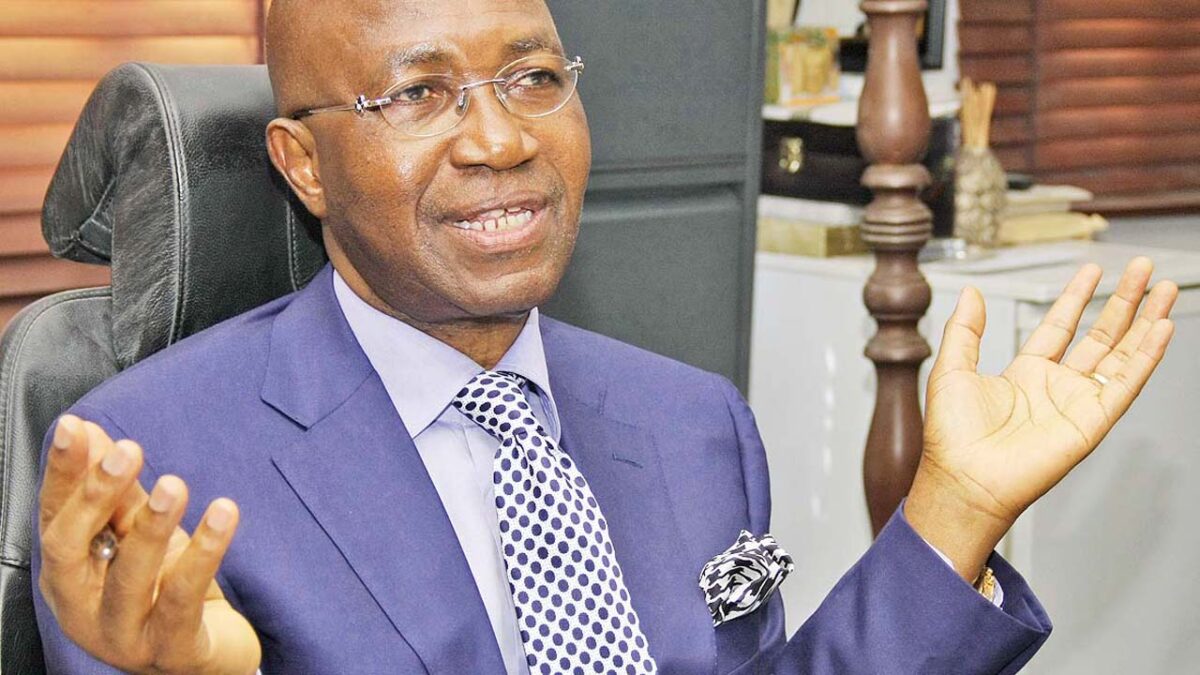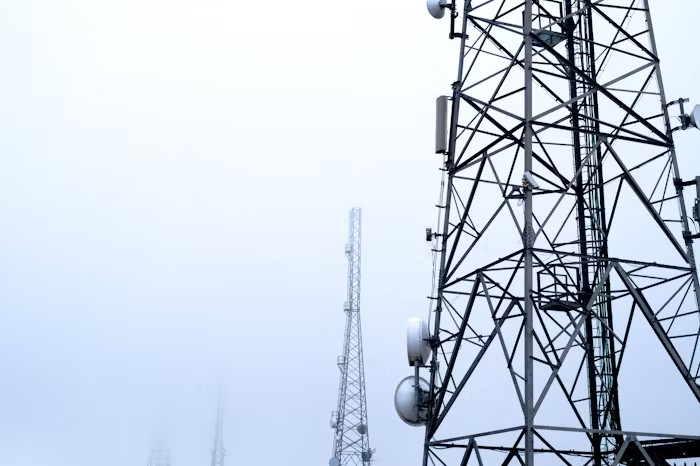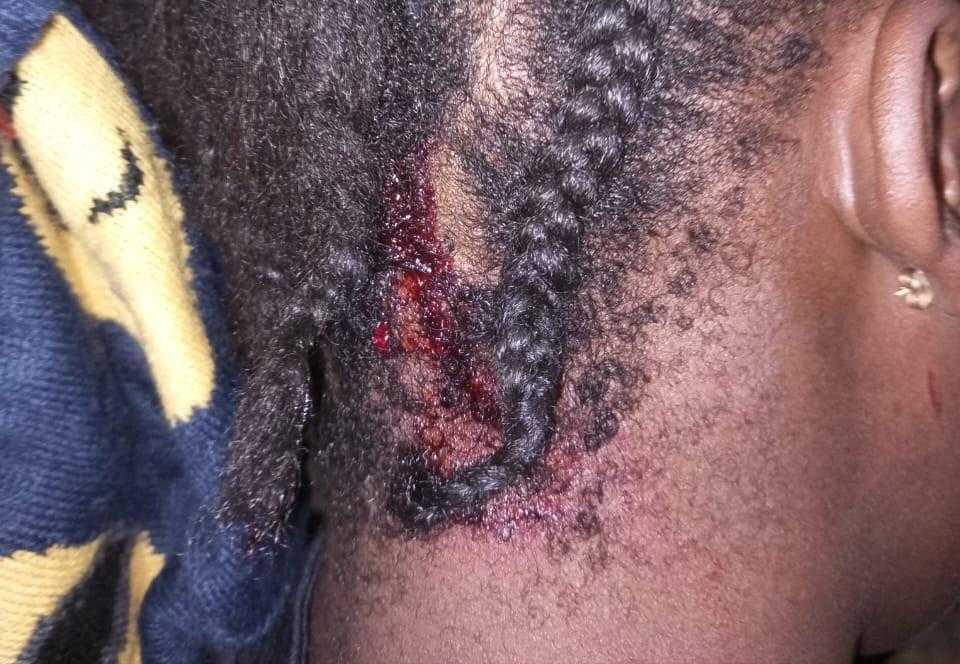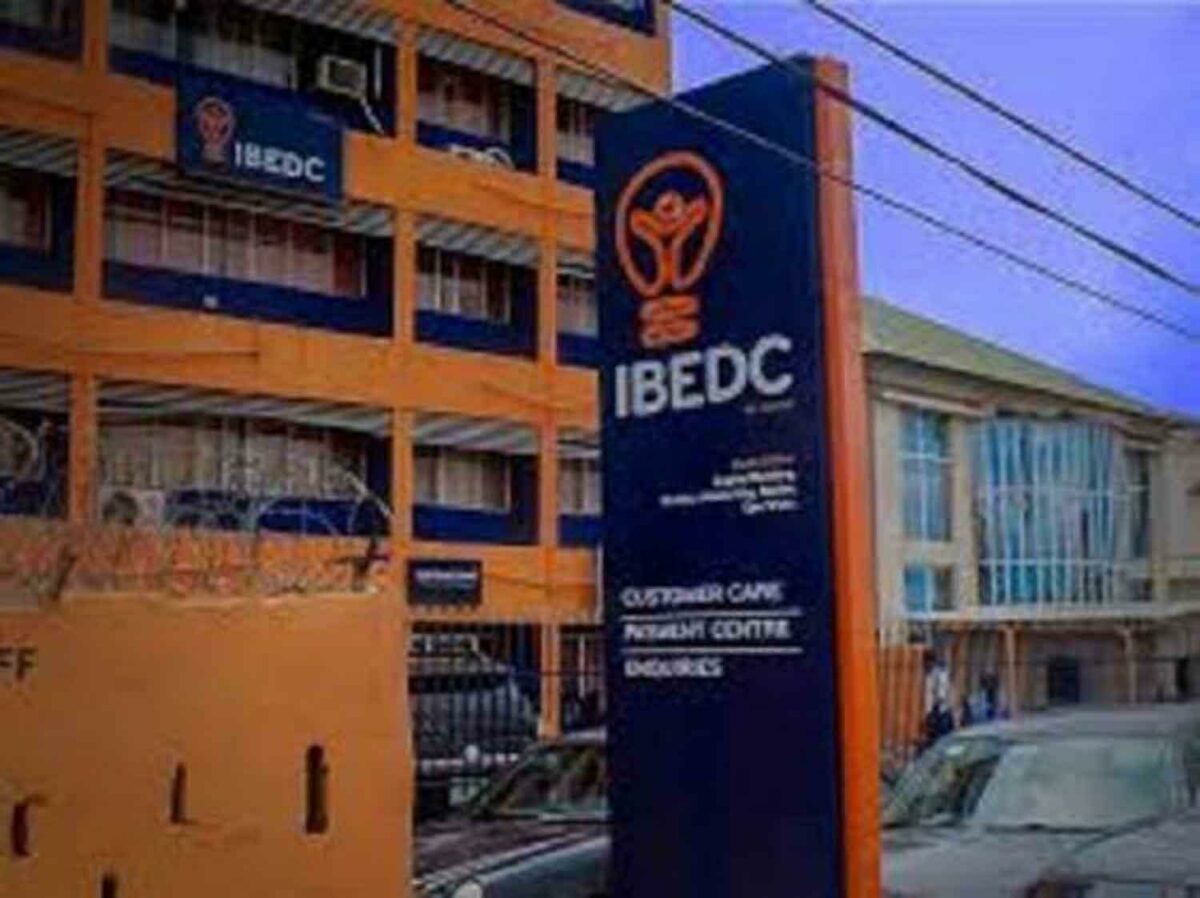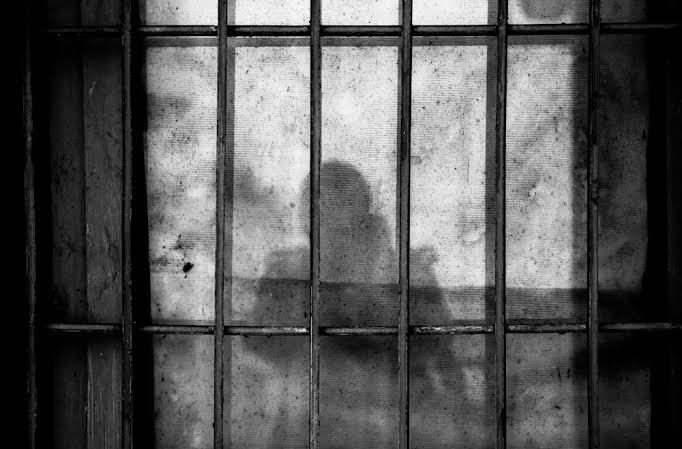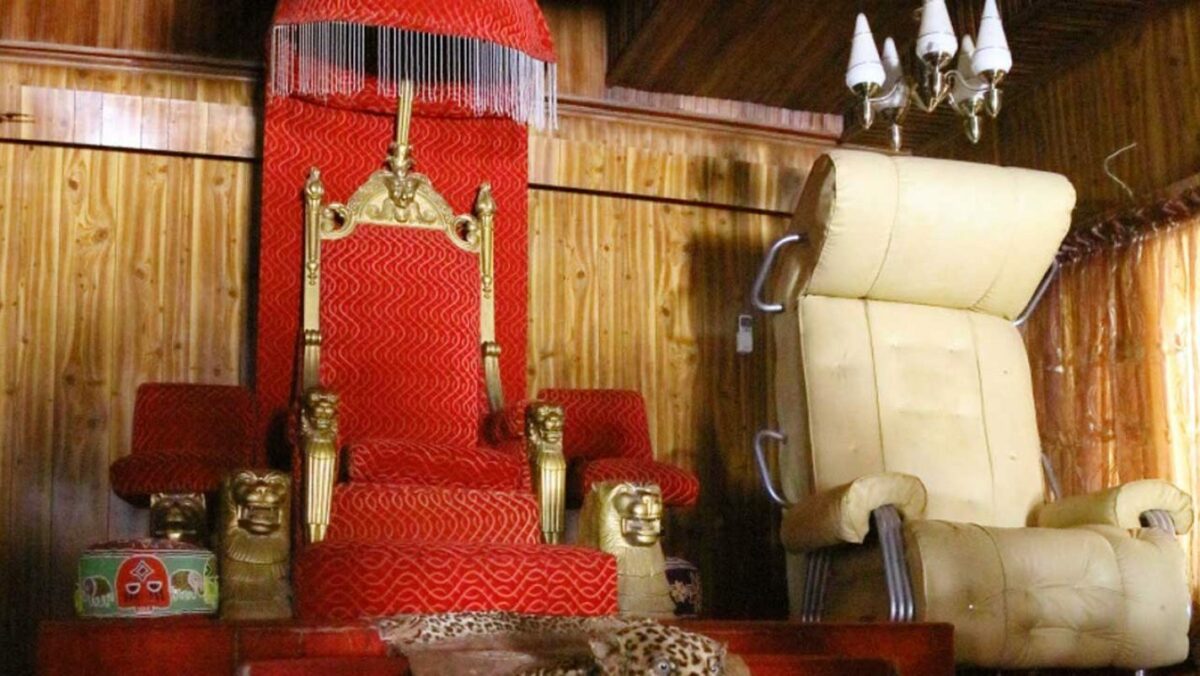Casual workers at the Apapa seaports have clamored for improved sanitation, including proper means of refuse disposal and use of public toilets, for protection from infections, with casual workers lamenting that they are left to eat at the same spots where they defecate.
FIJ recently reported about the indiscriminate dumping of refuse and the delay of the Lagos State Waste Management Agency (LAWMA) in packing waste on the Mile 2/Apapa expressway.
On Saturday, some travellers on the waterways were observed dumping refuse in the sea and at the seaside without any caution.
There were also a large number of shanties built with woods on the parallel line at the seaside. Like the demolished Tarkwa Bay slum, some of these shanties were either homes to indigent people or occupied by barbers, traders, and food sellers.
The people directly urinate and defecate in the sea, hosting arguably the largest port in Nigeria. It is also the same place where food is being cooked and consumed.
Speaking with FIJ, a worker who simply identified himself as Obalola, proposed “a more structured edifice for relaxation at the Apapa waterways”.
“This is what we lack and it is not befitting that where we eat is also where we defecate,” he added.
“Last year, a part of this place was cleared. Today, it has become a refuse dump; no plan of anything intended has surfaced since.”
READ ALSO: Why is Apapa So Dirty? Look No Farther Than the Gridlock!
The low cost of transportation from Apapa to Ajegunle axis, which is N50 per trip, made the Tin Can First Gate waterway where Obalola spoke, regularly busy, and therefore deserving of the attention of the Nigerian Ports Authorities.
The United Nations’ Sustainable Development Goal (SDG) Item 6 is aimed at ensuring the availability of Water Sanitation and Hygiene (WASH) services for all by 2030, but Nigeria still ranks very low on the performance index, nine years before the target year.
A global survey conducted by the United Nations Children’s Fund (UNICEF) ranked Nigeria second worst country in Water Sanitation and Hygiene. WaterAid Nigeria also stated that the country has a staggering 130 million people without access to adequate sanitation.
Subscribe
Be the first to receive special investigative reports and features in your inbox.


